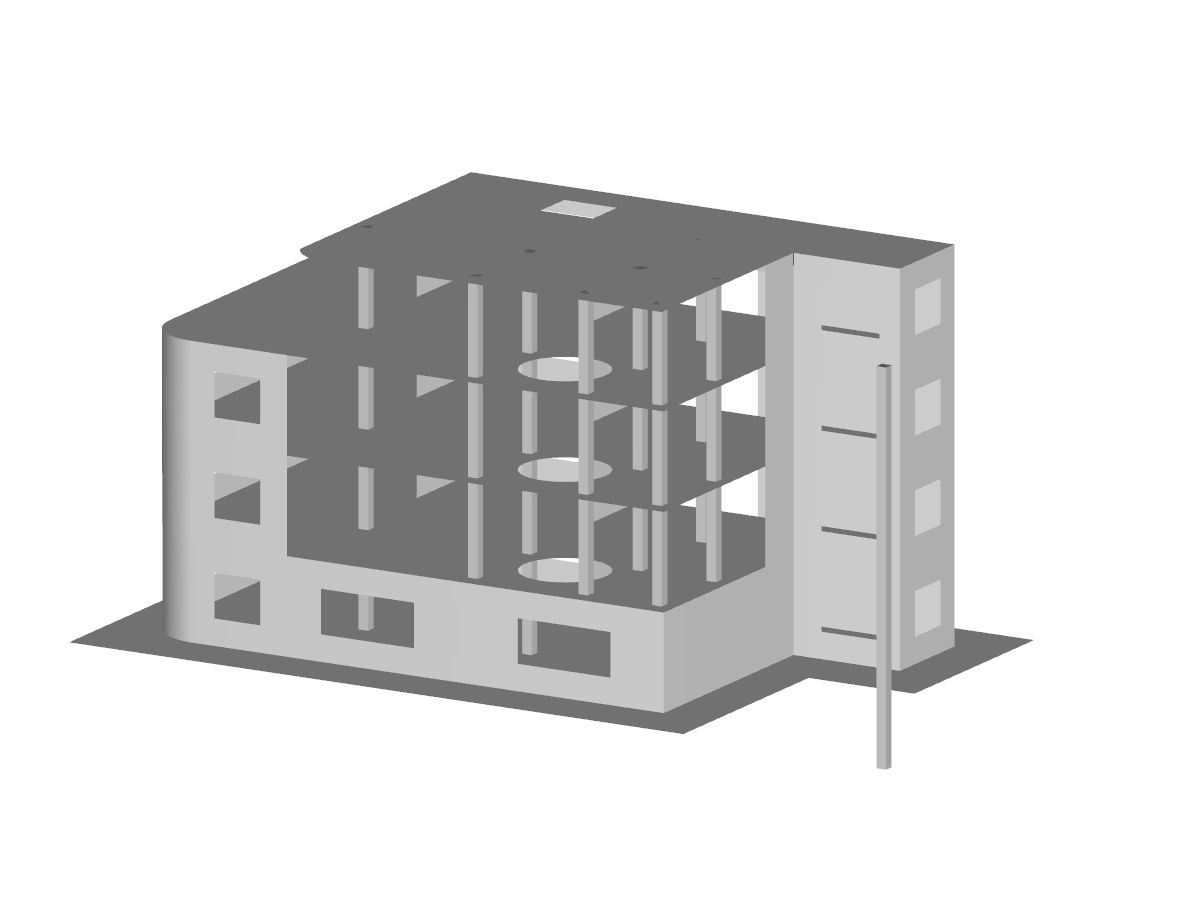2020 年铝合金结构设计手册 (ADM 2020) {%! The ADM 2020 [1] provides methods to calculate the elastic LTB moment (Me). 它概述了应该使用和遵循的公式,确保铝合金结构不受这种形式的失稳影响。
RFEM 6 references the type of section and internal forces calculated in the static analysis, and the Aluminum Design add-on applies these results to the equations from the ADM 2020 [1]. 更具体地, F.4 [1] for LTB design. 2 和 3 中又包含了小节。 F.4 [1] used to classify the cross section of a member and calculate the LTB slenderness (λ). 如果适用一个以上的章节,则应使用任何适用的章节。
LTB 设计中的截面分类
Sec. F.4 [1] classifies aluminum cross sections based on whether they are symmetric or unsymmetric about the bending axis, closed, or rectangular bar sections. 在下文的第 1 部分中,第 1 部分中将介绍各种截面,并说明它们在第 1 部分中的位置。 F.4 [1]. 然后介绍如何在 RFEM 6 中对它们进行设计。 A simple comparison will be made between the ADM 2020 [1] and RFEM 6. 下图显示了正确的规范检查示例,并与 RFEM 6 中使用的示例进行了比较。
单轴对称截面
单轴对称截面可以绕其弯曲或非弯曲轴进行完美镜像, T 形截面和槽钢截面就是单轴对称标准化截面的例子。
这些类型钢筋的长细比按照 2.6 中的规定计算。 F.4.2.1 [1] which is for shapes symmetric about the bending Axis. 如果截面关于受弯轴线非对称,则应按照第 3 节进行检查。 F.4.2.5 [1].
在附加的 RFEM 6 模型中,槽形截面(杆件编号 1)为均布荷载的简支座梁。 绕弯矩轴对称的截面按照 24.6 进行计算。 F.4.2.1 [1] utilizing the Aluminum Design add-on.
双对称截面
双对称截面是指截面可以绕其弯曲和非弯曲轴完全镜像。 例如 I 形截面、矩形和圆形空心截面都是标准化的。
标准化截面 I 的弯扭屈曲承载力按照 4 节计算。 F.4.2.1 [1], but can also be designed according to Sec. F.4.2.5 [1] since it can be symmetric or unsymmetric about its bending axis if lateral loading is applied.
In the attached RFEM 6 model, a doubly symmetric I-section is modeled (Member No. 4) as a simply supported beam with a uniform lateral load applied to it. 该类型截面按照规范 4 设计。 F.4.2.1 [1], because if we assume lateral loading in either primary axis direction, it is always symmetric about the bending axis.
不对称截面
非对称截面是指截面不能绕其弯曲轴或非弯曲轴进行完美镜像镜像。 例如标准化的 Z 形截面就是关于任意一个轴不对称的截面。
该截面的荷载作用极限值只能按照 3 章计算。 F.4.2.5 [1] Any Shape. 该截面可以计算非对称截面的长细比和弹性 LTB 。
在附加的 RFEM 6 模型中,Z 形截面 (CF 4ZU1.25x075) 被建模为(杆件编号 5)为一个均布荷载的简支座梁。 In the Aluminum Design add-on, this shape is designed according to Sec. F.4.2.5 [1] with respect to LTB.
封闭截面
封闭截面指的是截面周围整个截面被封闭的截面形状。 对于铝合金杆件,一个常见的封闭截面的例子是矩形管或者空心矩形截面。 这种情况下,杆件的截面形状为矩形,但各边为内包围,形成一个管状结构。
计算封闭截面的弯扭屈曲极限容许值(LTB),长细比参照 4 节确定。 F.4.2.3 [1] Closed Shapes.
在附加的 RFEM 6 模型中,将方形空心截面(杆件编号 6)作为简支梁建模,并应用均匀系数。 Designing it according to the ADM 2020 in the Aluminum Design add-on, LTB is calculated utilizing Sec. F.4.2.3 [1] Closed Sections for determining the Slenderness Ratio (λ).
矩形钢筋
矩形扁钢是细长的几何形状,具有平面和矩形的侧面。
Sec. F.4.2.4 [1]应用于计算矩形扁钢的长细比,最终得到临界屈曲弯矩。
在附加的 RFEM 6 模型中,矩形杆(杆件编号 7)被建模为承受侧向均布荷载的简支座梁。 其计算采用 24 节中的公式。 F.4 [1] and the slenderness is calculated using Eq. F.4-7 under Sec. F.4.2.4 [1].
概述总结
根据ADM 2020 Sec计算LTB F.4 [1] requires an engineer to determine which sub-section their cross section falls under for determining the slenderness and other section properties. 主要按形状和对称性进行划分。 设置截面关于弯矩轴对称还是非对称,截面是封闭/开敞,还是矩形钢筋。
In RFEM 6, the Aluminum Design add-on classifies cross sections the same way as outlined in Sec. F.4 [1]. 用户在“基本数据”对话框中的“规范 I”选项卡下选择设计规范 ADM 2020。 最后,在杆件设计参数中的有效长度下,章节 F。 必须被选择。 最后,在相同参数下,调整系数(Cb )可按照 F.4.1.


























![膜结构的基本形状[1]](/zh/webimage/009595/2419509/01-png.png?mw=512&hash=fe42d914122820fe3c92f9595d4d91afce8a2c07)
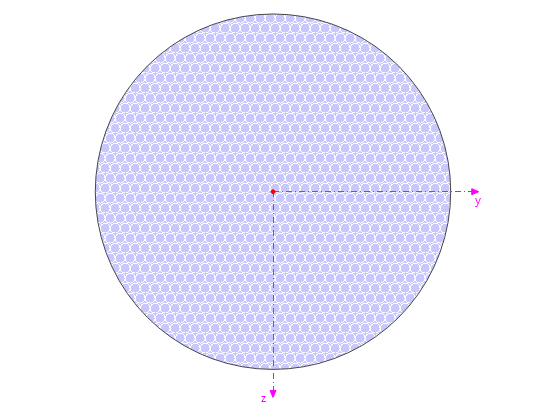
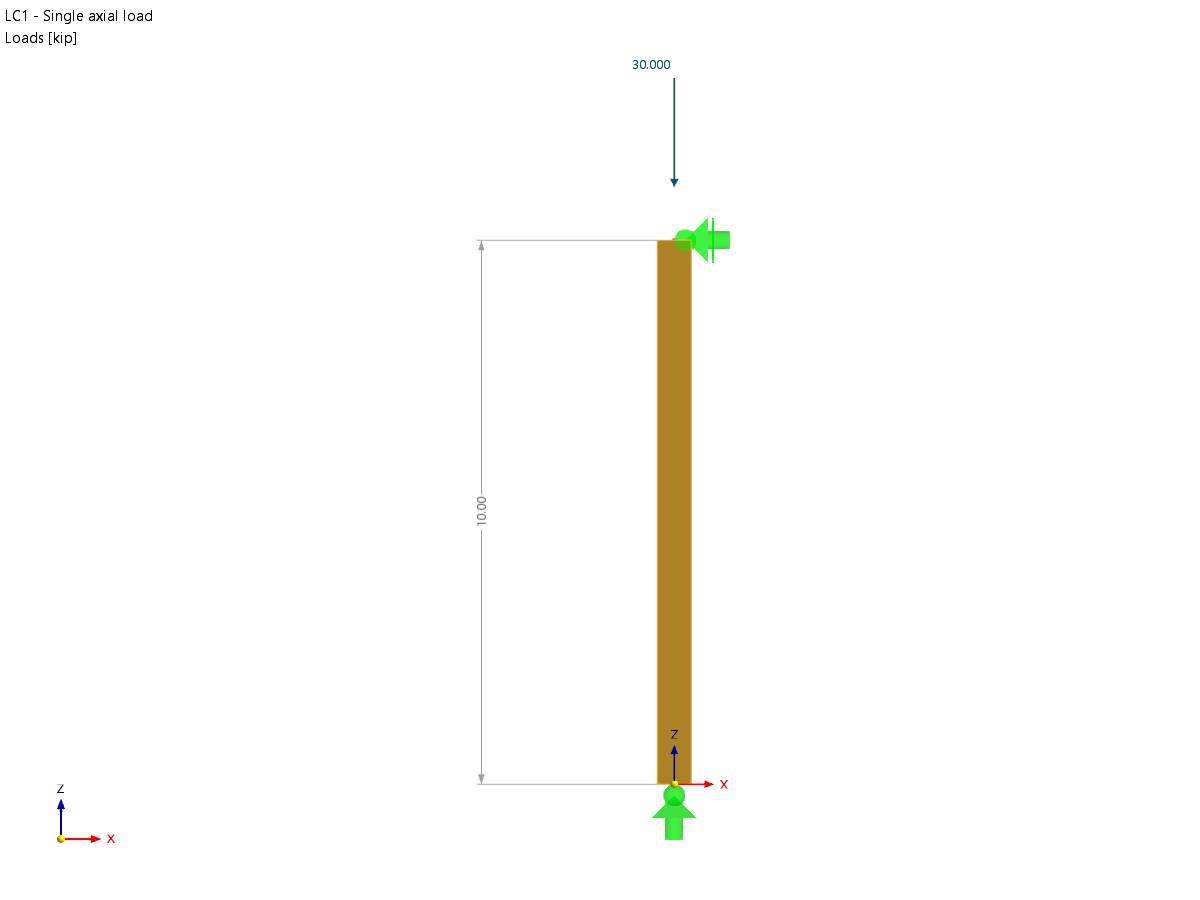









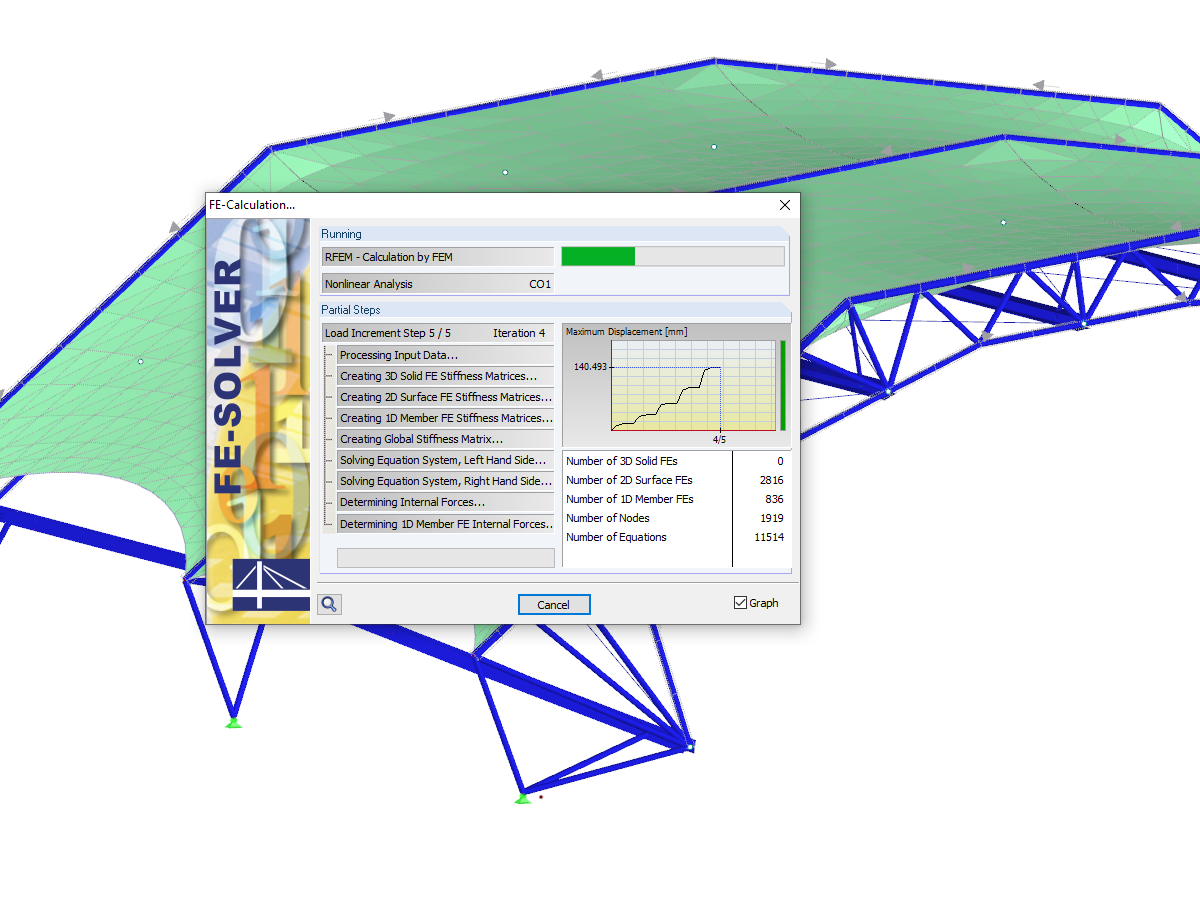.png?mw=512&hash=ea9bf0ab53a4fb0da5c4ed81d32d53360ab2820c)

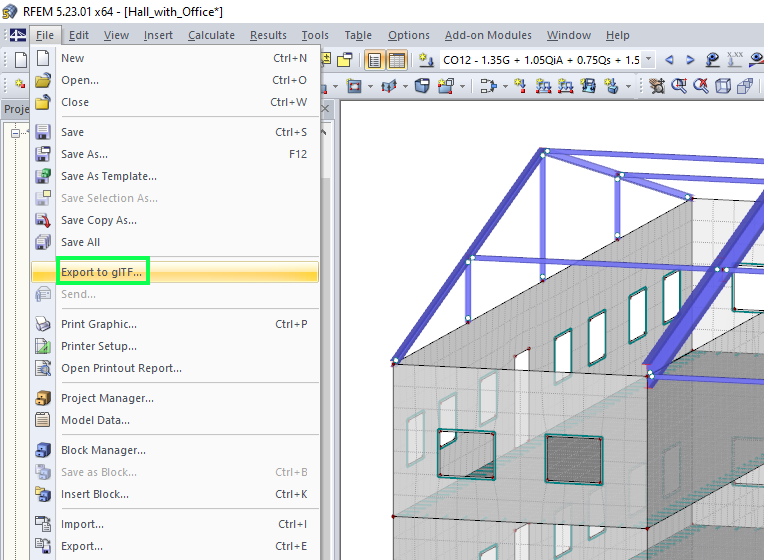
_1.jpg?mw=350&hash=ab2086621f4e50c8c8fb8f3c211a22bc246e0552)
























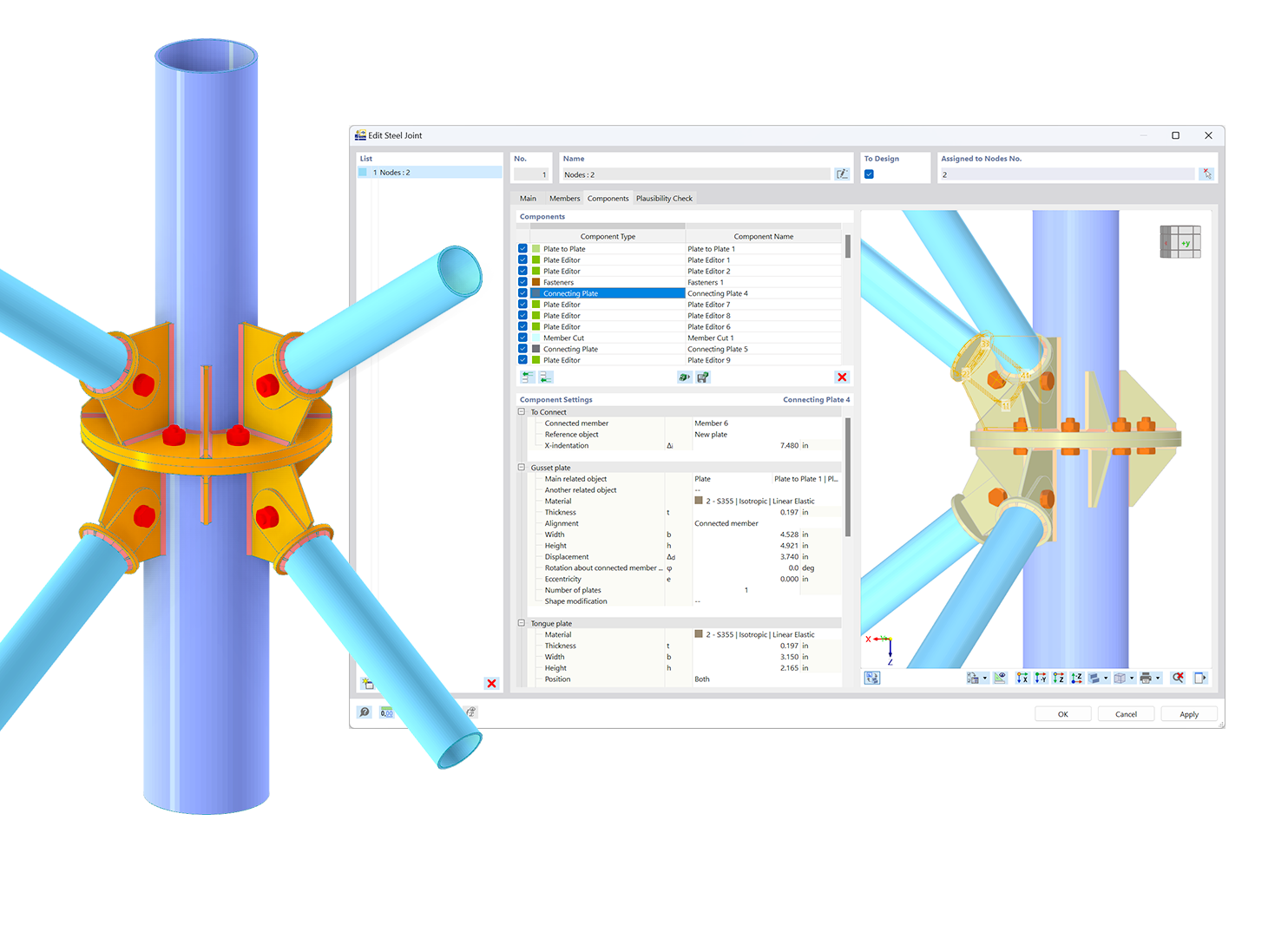.png?mw=600&hash=49b6a289915d28aa461360f7308b092631b1446e)




